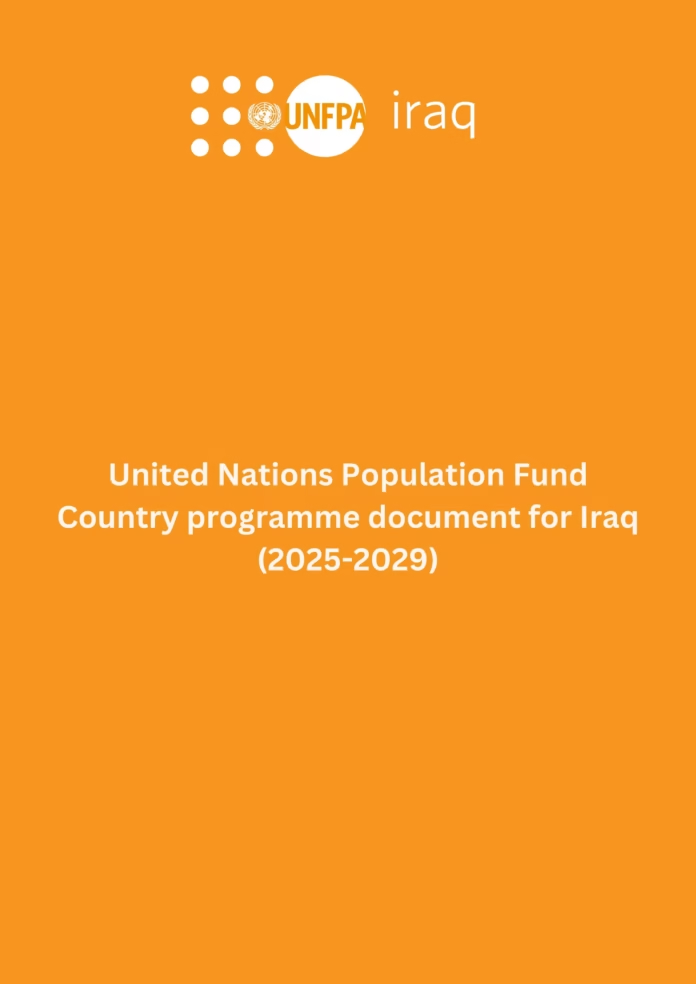Family size barriers Iraq remain a critical issue, according to the United Nations Population Fund’s latest report. The report, launched in Baghdad, highlights how many Iraqis cannot have the number of children they desire. This challenge results from various economic, social, and political factors affecting families.
On World Population Day, government officials, diplomats, and civil society gathered to discuss the report. Unlike traditional debates focusing on population numbers, the event shifted attention to human rights and personal choices about family size.
The UNFPA report shows that Iraq’s fertility rate stands at 3.3 children per woman, with the Kurdistan Region slightly lower at 3.2. Although these figures are higher than in many countries, many Iraqis face obstacles in fulfilling their reproductive goals. Globally, about one in five people believe they cannot achieve their preferred family size.
Moreover, the report challenges common myths of overpopulation or population collapse. UNFPA Representative Hind Jalal explained that fertility rates decline because many people feel unable to start families. She called this the true population crisis.
Among the key barriers, economic difficulties top the list. More than half of respondents worldwide cited financial pressures as a major reason. This resonates deeply in Iraq, where many youths struggle with economic insecurity.
Additionally, access to affordable reproductive healthcare remains limited. Many cannot find quality family planning services, hindering their choices.
Furthermore, ongoing conflict and instability add anxiety about the future. Around 20 percent of global respondents worry about violence and political unrest. In Iraq, this concern strongly influences family planning decisions.
The report urges governments to move beyond population targets. Instead, it calls for creating conditions that empower individuals. This includes ensuring access to family planning, addressing social norms, and promoting freedom of choice.
Ms. Jalal concluded, “We must support integrated family planning services that let people decide freely.” She emphasized the need for a safer, more just world marked by peace.
The Baghdad launch highlights the urgent need for Iraq to address family size barriers Iraq faces. Overcoming these challenges remains vital for the country’s development and future prosperity.


